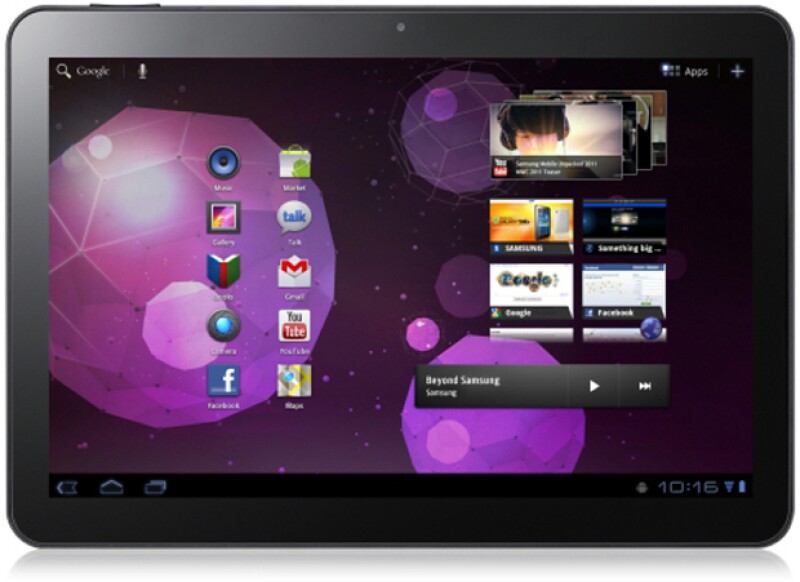
Allegations of design patent infringement, not utility patent infringement, are at the core of the epic battle between Apple and Samsung pending in the Northern District of California. Given the recent global surge in attention paid to design rights, it is only fitting that the highest profile patent infringement case to date thrusts design patents onto the main stage and into the spotlight. Indeed, of the $2.525 billion in damages that Apple is seeking, $2.0 billion can be attributed to alleged design patent infringement. In its chief case, Apple has asserted four design patents directed generally at the following three categories: (1) smart phones, (2) tablets, and (3) graphic user interfaces (GUIs). While there is uncertainty as to Apple’s infringement case regarding Samsung’s smart phones and GUIs, as to Samsung’s tablets, a close look at pre-trial rulings, including recent crucial evidentiary decisions, reveal that with respect to Samsung’s defence of non-infringement the writing is likely on the wall.
Koh’s take on the claims
Shown in the image here, in the left-hand column, are the nine views of Apple’s asserted D504,889 (D‘889), a design which Apple says is commercialised in its iPad and iPad2 tablets. On the right-hand column are the corresponding views of Samsung’s accused Galaxy 10.1 Tab tablet.

In her July 27 Claim Construction Order, Judge Lucy Koh, who is presiding over the case, largely took a hands-off approach, concluding that the D‘889 design patent simply claims the ornamental appearance of an electronic device as shown in the patent figures.She did add, however, that for figures 1-3, the oblique line shading (or the diagonal lined surface shading) denotes a “transparent, translucent and highly polished or reflective surface”. While the oblique line shading was clearly intended on figures 1 and 3 (the front-side), inclusion of oblique line shading on figure 2 (the back-side) would appear to be in error. After all, the back-side of Apple’s iPad has a brushed aluminum finish that is matted, not polished or reflective. Despite Apple’s arguments to the contrary, Koh concluded that the drawings as depicted would govern – no exceptions.
This ruling gives Samsung a bit of good news, for it now has an opportunity to argue that its tablets, which have plastic back-sides that have the appearance of brushed aluminum, are different than the design of D‘889 which claims a back-side having a “transparent, translucent and highly polished or reflective surface”. Unfortunately for Samsung, the good news on its tablet non-infringement defence ends here, for the following reasons.











